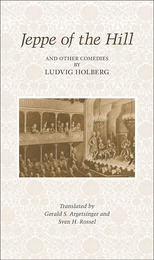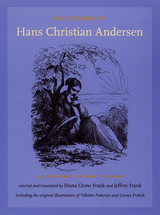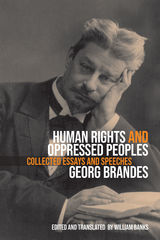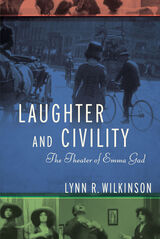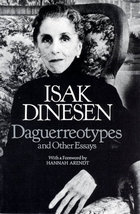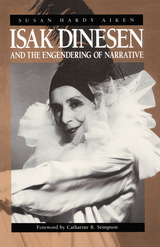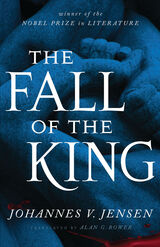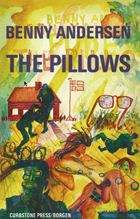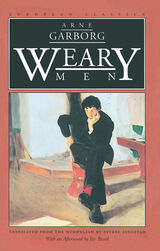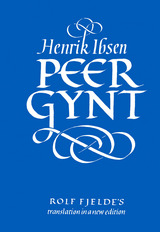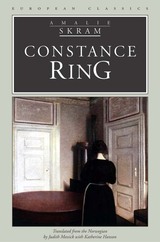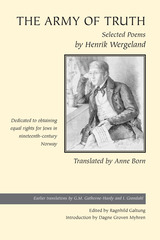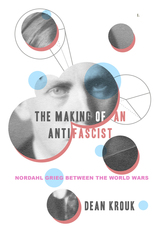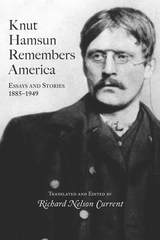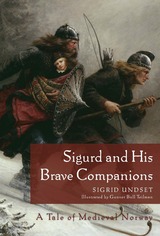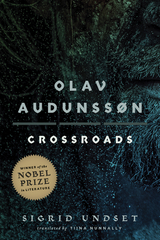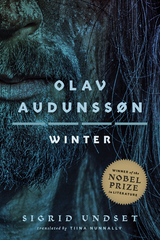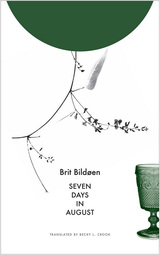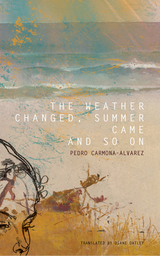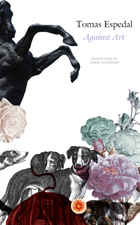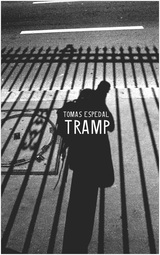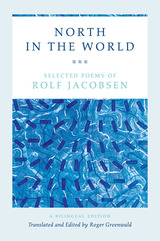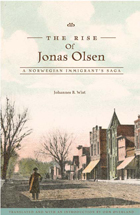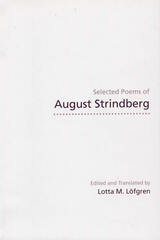The Making of an Antifascist: Nordahl Grieg between the World Wars
University of Wisconsin Press, 2022
Cloth: 978-0-299-33650-9 | eISBN: 978-0-299-33653-0
Library of Congress Classification PT8950.G76Z76 2022
Dewey Decimal Classification 839.82172
Cloth: 978-0-299-33650-9 | eISBN: 978-0-299-33653-0
Library of Congress Classification PT8950.G76Z76 2022
Dewey Decimal Classification 839.82172
ABOUT THIS BOOK | AUTHOR BIOGRAPHY | REVIEWS | TOC | REQUEST ACCESSIBLE FILE
ABOUT THIS BOOK
A young imperialist adventurer turned hero of the anti-Nazi resistance, Norwegian journalist, poet, and playwright Nordahl Grieg has become more of a national legend than a real person since his death as a war reporter in Berlin in 1943. A look into Grieg’s intellectual development during the dynamic interwar period sheds light on the political and cultural ideologies that competed in a turbulent Europe. Often portrayed with an emphasis on his humanist and pacifist positions, this antifascist figure becomes more complex in his writings, which reveal shifting allegiances, including an unsavory period as a rigid Stalinist.
In this comprehensive and accessible book, Dean Krouk examines a significant public figure in Scandinavian literature and a critical period in modern European history through original readings of the political, ethical, and gender issues in Grieg’s works. This volume offers a first-rate analysis of the interwar period’s political and cultural agendas in Scandinavia and Europe leading to the Second World War by examining the rise of fascism, communism, and antifascism. Grieg’s poetry found renewed resonance in Norway following the 2011 far-right domestic terrorist attacks, making insight into his contradictory ideas more crucial than ever. Krouk’s presentation of Grieg’s unexpected ideological tensions will be thought-provoking for many readers in the United States and elsewhere.
In this comprehensive and accessible book, Dean Krouk examines a significant public figure in Scandinavian literature and a critical period in modern European history through original readings of the political, ethical, and gender issues in Grieg’s works. This volume offers a first-rate analysis of the interwar period’s political and cultural agendas in Scandinavia and Europe leading to the Second World War by examining the rise of fascism, communism, and antifascism. Grieg’s poetry found renewed resonance in Norway following the 2011 far-right domestic terrorist attacks, making insight into his contradictory ideas more crucial than ever. Krouk’s presentation of Grieg’s unexpected ideological tensions will be thought-provoking for many readers in the United States and elsewhere.
See other books on: Krouk, Dean | Nordic Countries | Political and social views | Scandinavian | World Wars
See other titles from University of Wisconsin Press

